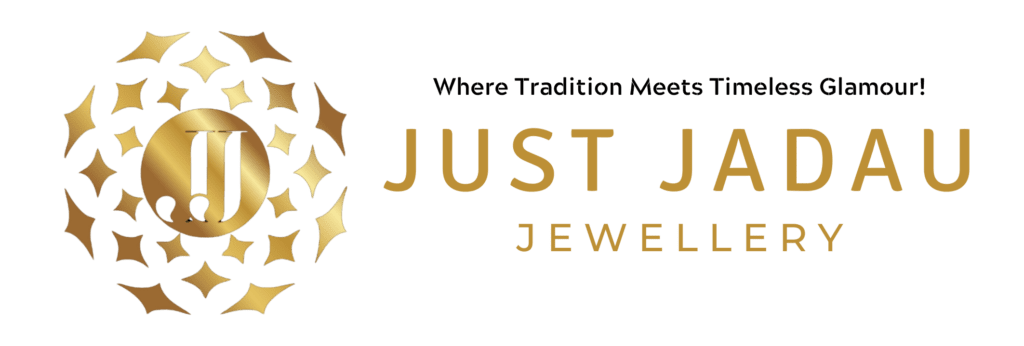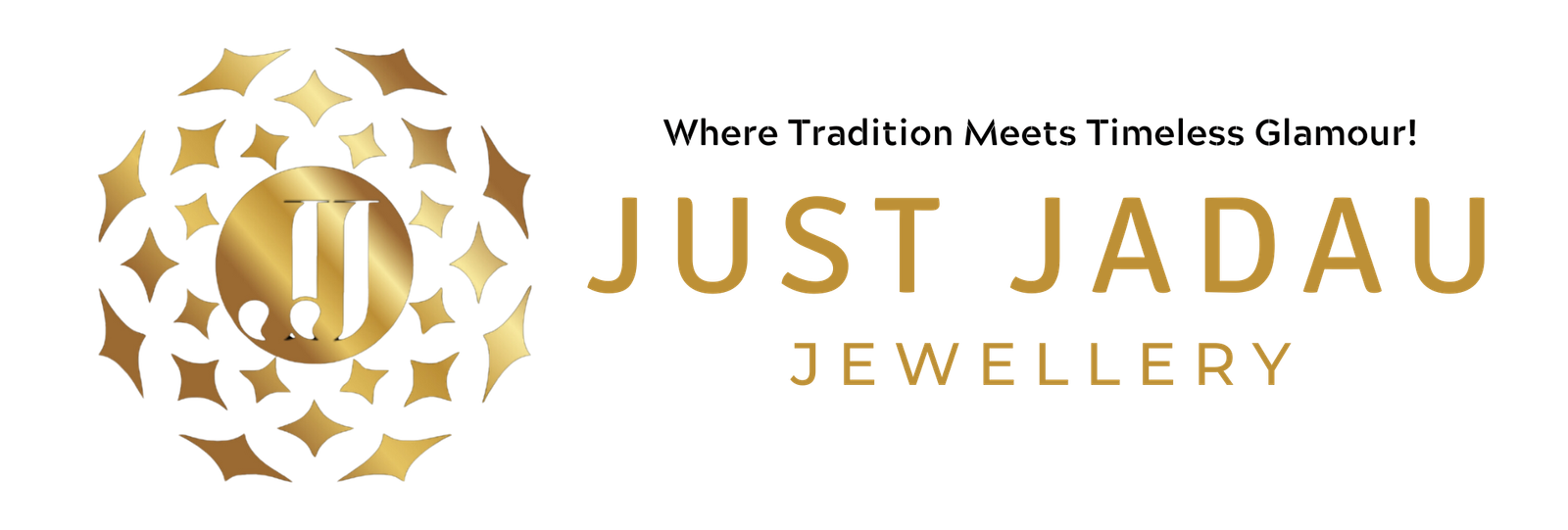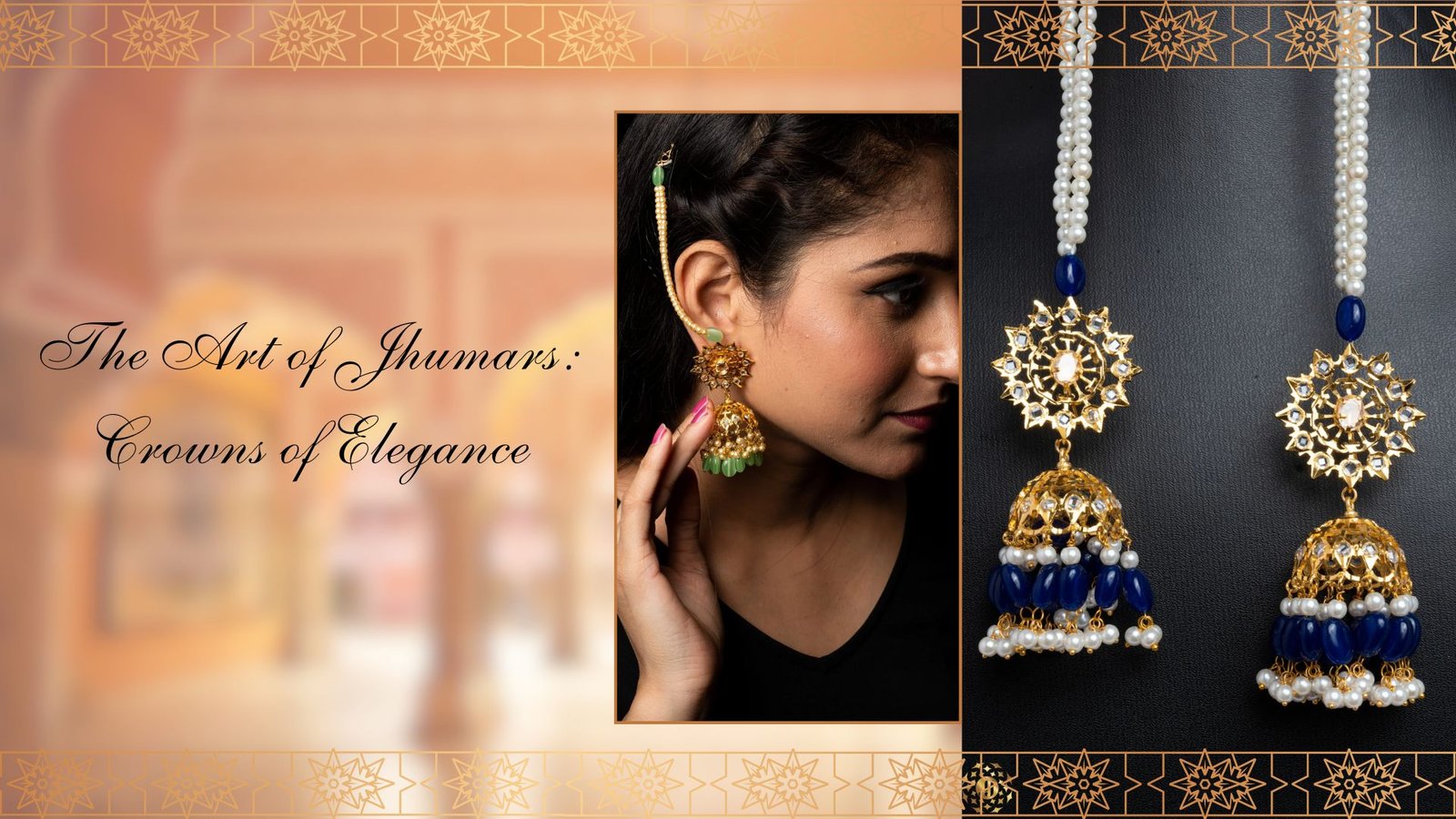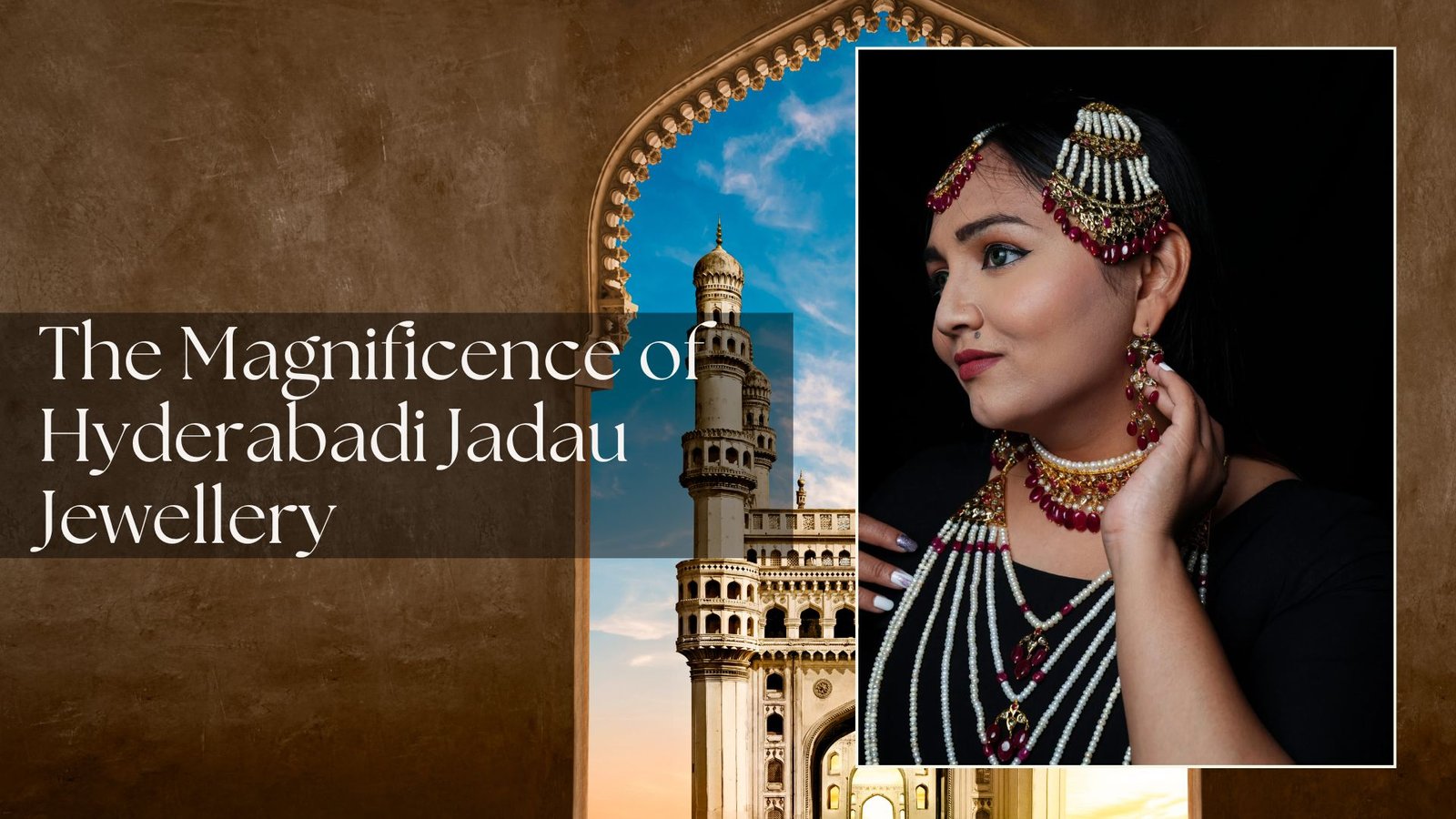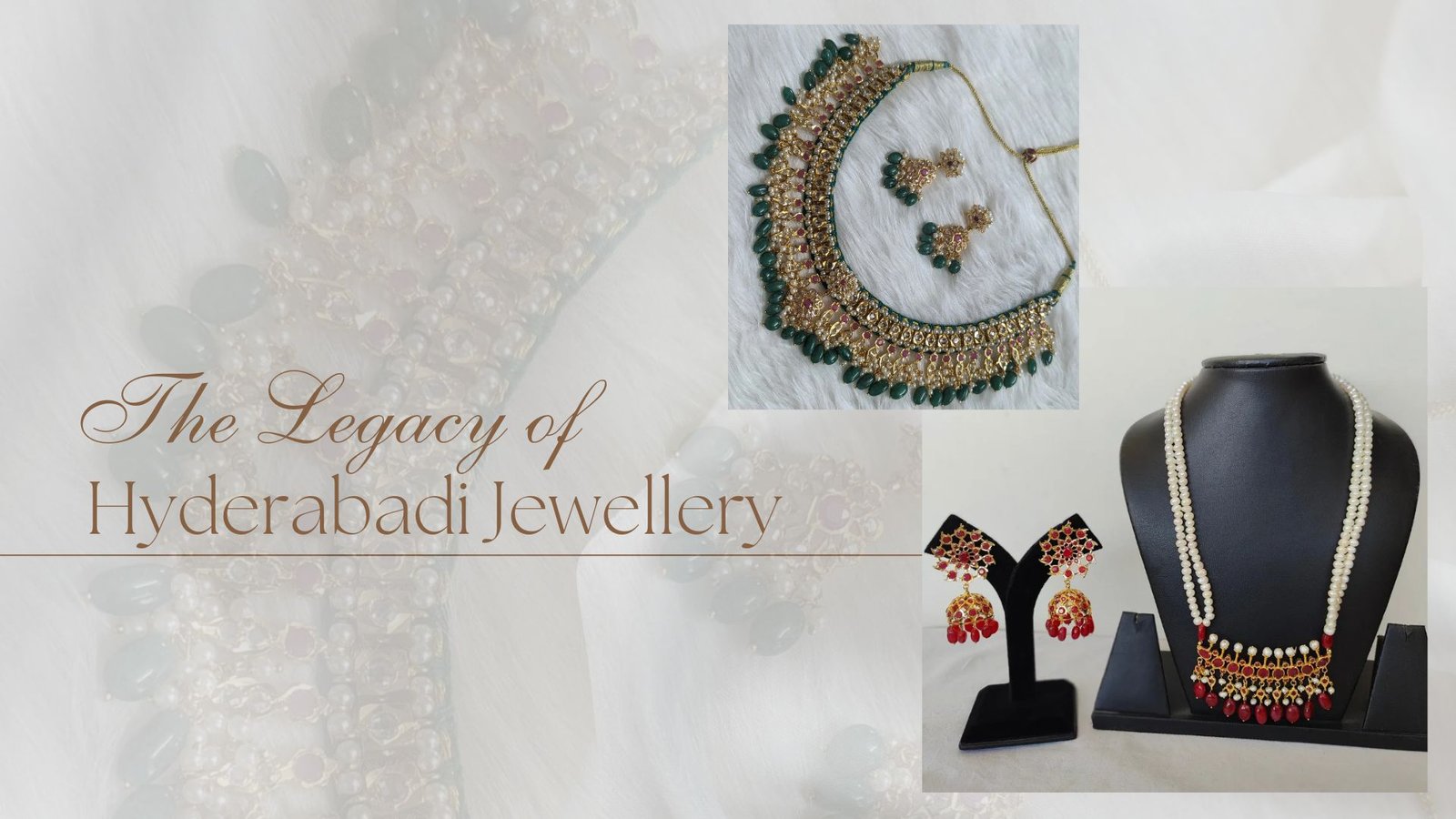Polki, meaning “unbroken” or “uncut” in Hindi, refers to the use of uncut diamonds in jewellery. These diamonds, extracted from the earth in their natural form, retain their characteristic imperfections and irregular shapes, giving Polki jewellery a unique rustic charm. Unlike cut diamonds, which undergo a process of polishing and faceting to maximize their brilliance, Polki diamonds retain their original facets, creating a soft, diffused glow.
What is the history behind Polki jewellery?
The origins of Polki jewellery can be traced back to ancient India, with evidence of its use found in artefacts dating back to the 4th century BC. Over the centuries, Polki jewellery gained prominence among Indian royalty and nobility, becoming a symbol of wealth, status, and luxury. Its popularity reached new heights during the Mughal era when Polki artisans perfected the art of setting uncut diamonds into intricate gold designs.
What is the significance of Polki jewellery in Indian culture?
Polki jewellery holds deep cultural significance in India, often associated with royalty, weddings, and religious ceremonies. Its timeless beauty and enduring charm have made it a cherished heirloom, passed down through generations. For brides, Polki jewellery represents elegance, femininity, and auspiciousness, making it a popular choice for wedding trousseau.
How does Polki jewellery differ from Jadau jewellery?
Polki and Jadau are two closely related forms of Indian jewellery, often mistaken for one another. However, there are subtle distinctions between the two. Polki jewellery is characterized by its use of uncut diamonds, while Jadau jewellery utilizes a combination of cut and uncut diamonds, along with gemstones and enamel work. Additionally, Polki jewellery typically features a lighter, more delicate setting, while Jadau jewellery is known for its heavier, more ornate designs.
Types of Polki
Polki jewellery encompasses a variety of styles and designs, each with its unique charm. Some of the most popular types of polki jewellery include:
Kundan Polki:
This style features a combination of uncut diamonds and Kundan work, a traditional Indian technique that involves embedding gemstones into gold foils.
Meenakari Polki:
This style incorporates meenakari, the art of enamelling, to add vibrant colours and intricate designs to polki jewellery.
Thewa Polki:
This style is known for its delicate and intricate gold work, often featuring floral motifs and geometric patterns.
Navratna Polki:
This style showcases nine precious gemstones, representing the nine planets in Indian astrology.
Polki Wedding Jewellery
Polki wedding jewellery is a cherished tradition in India, symbolizing auspiciousness, elegance, and femininity. Brides often adorn themselves with polki necklaces, earrings, bangles, maang tikkas, and haath phools, creating a dazzling ensemble that exudes an aura of royalty and grace.
Shop from Just Jadau Jewellery for Affordable and High-Quality Semi Precious Stone Jadau Jewellery
Just Jadau Jewellery is a renowned online retailer offering an exquisite collection of semi-precious stone jadau jewellery at affordable prices. Their pieces are handcrafted by skilled artisans, ensuring the highest quality and craftsmanship. Explore their wide range of necklaces, earrings, bangles, maang tikkas, and haath phools to find the perfect pieces to complement your style and grace your special occasions.
Conclusion
Polki jewellery embodies the essence of Indian craftsmanship and heritage, captivating hearts with its rustic elegance and timeless beauty. Its enduring popularity is a testament to its ability to transcend trends and remain a symbol of sophistication and grace. Whether adorning brides, royal families, or discerning individuals, Polki jewellery continues to shine as a beacon of India’s rich cultural legacy.
